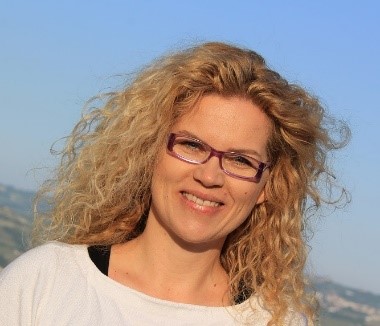‘Tourists as Caged Birds’ Published by the Highest Ranked Journal in Tourism
JTR is the 2021 top-ranked impact factor journal in the area of tourism, leisure and hospitality management in world (www.scimagojr.com). The empirical research article investigated how being unable to travel feels like being a caged bird for many and trapped in unwanted situations strengthens travel desire.


This study contextualizes travel deprivation and subsequent desire thinking in relation to the concept of craving. It introduces lockdown captivity and travel craving as relevant factors to understand tourism demand when travel is impossible. This research demonstrates the usefulness of the elaborated intrusion theory in the tourism context and newly defines wanderlust in association with craving. Empirical support for the hypotheses that lockdown captivity and wanderlust are key determinants of travel craving is provided. Travel craving should be used as an alternative concept to travel intention in situations in which travel is curtailed or impossible. Tourism marketers and practitioners are advised to build on the caged bird metaphor to effectively communicate their offerings during crises that result in travel restrictions and to show their empathy towards would-be tourists. A DMO’s communication should stimulate travel fantasies (wanderlust), while keeping in mind common human mental processes during and after crises. Tourism practitioners and marketers can employ the elaborated intrusion theory to trigger tourists’ perceptions and desire. DMO communications should also persist –during and after a crisis– in order to create competitive advantage. In their cages, captives are alert to both external and internal stimuli. Such stimuli can vary in intensity and frequency. The paper is available here: https://doi.org/10.1177/00472875211056684
You can contact the authors here:
Dr. Irimiás Anna Rita
Habilitált egyetemi docens / Habilitated Associate Professor
Rektori Szervezet / Fenntartható Fejlődés Intézet / Turizmus Tanszék
Dr. Mitev Ariel Zoltán
Egyetemi tanár, Tanszékvezető / Full professor, Head of Dep.
Rektori Szervezet / Marketing- és Kommunikációtudományi Intézet / Marketingmenedzsment Tanszék